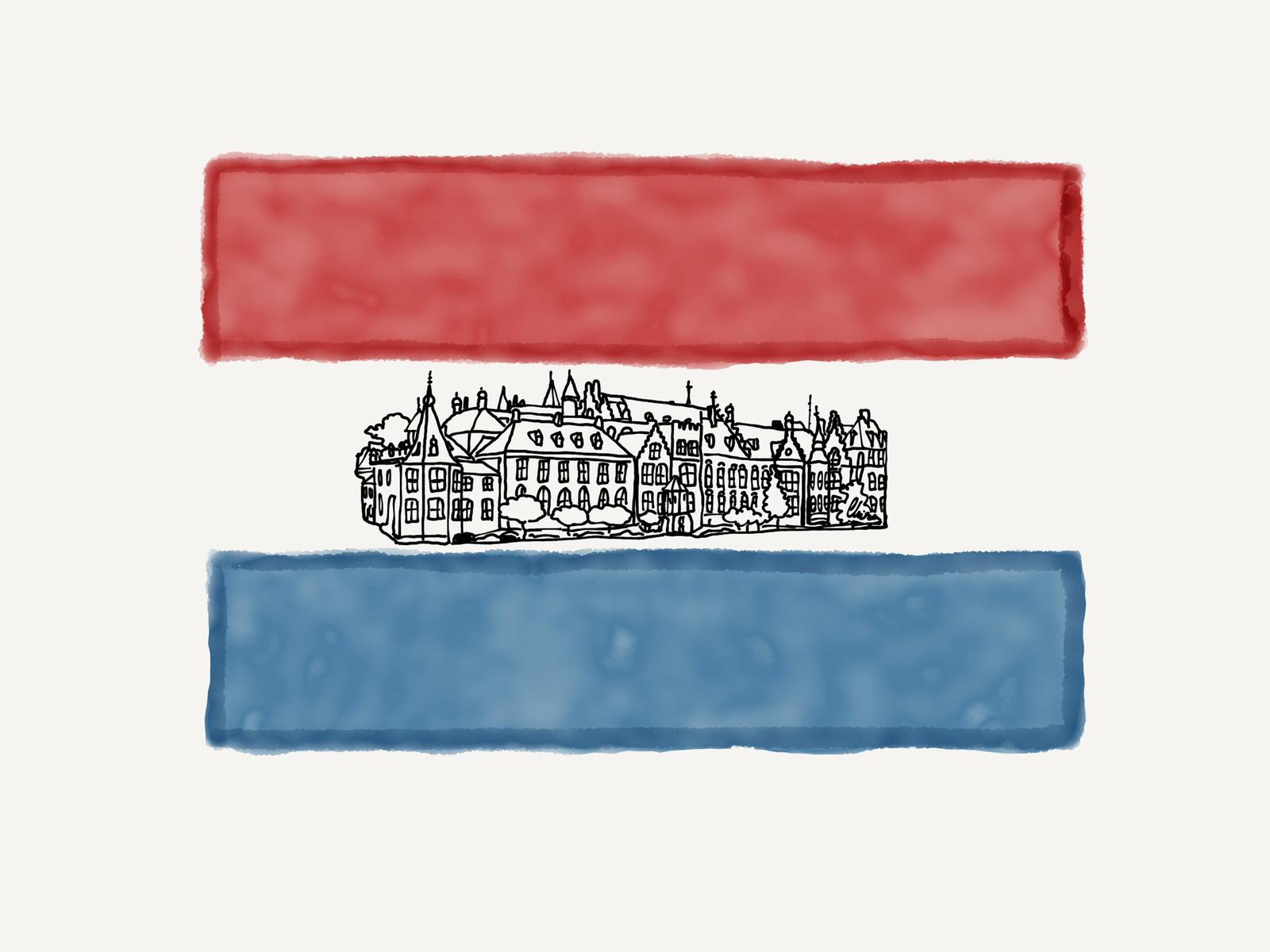By Tom Schulte
In about a year, on the 17th of March, the Netherlands will have its next general election. This is, of course, if the current government does not fall prematurely.
The cabinet of Rutte III started this political year very strong; it had managed to negotiate both a climate accord and a pension accord, along with an assurance by opposition party GroenLinks that they would support the government budget in the Senate. These achievements were all significant, and the government looked more stable than ever.
However, with the start of the nitrogen crisis, it became clear that this stability was only an illusion. A few years early, during the Rutte II cabinet, the PAS policy was put into effect, which aimed to solve the human impact on the nitrogen cycle by compensating nitrogen output on a later date. The crisis started when it became clear that European law did not allow this and nitrogen output had to be compensated for immediately. This led to ongoing construction work not being allowed to continue and calls to halve the amount of cattle in the country. These calls were, in turn, the catalyst to the mass protests by the agricultural sector. The biggest party in government, the VVD, was hit hardest by the first set of measures taken to reduce nitrogen output. Most notably the reduction of the maximum speed on highways from 130 km/h to 100 km/h was a heavy blow for the liberals who have proliferated themselves as the party for the motorists. Meanwhile, the farmers’ protests have not reached their conclusion yet.
After the winter break everything seemed to have calmed down again and the cabinet managed to finally agree on a broad set of policies to tackle the nitrogen crisis. However, this news cannot be announced yet, due to the emergence of a new, worldwide crisis: Covid-19. This new coronavirus outbreak has a huge socio-economic impact worldwide, and the Netherlands is no exception; it is said to be one of the biggest crises the Netherlands has faced in peacetime, so it will be a tough test for Rutte and his ministers.
Alongside these crises there have been some minor issues that have weakened the stability of the cabinet. There is not one single point on which all four parties agree with each other, so difficult issues have to be resolved through compromises, which all parties are less willing to do the closer we get to the general election. On a wide range of other topics the parties do not agree at all and use these opportunities to attack one another to reach the headlines of newspapers. One such topic was the ‘completed life law’ that the progressives of D66 suggested, which would give elderly people the ability to be euthanized when they have a death wish. This suggested law is directly in conflict with the principles of the two Christian-democratic parties in government.
The stability of the government now depends on good communication. Rutte is a skilled politician that could keep the parties together by making concessions where needed, like the aforementioned speed limit reductions. Furthermore, the parliamentary coalition that supports the government has regular meetings to discuss any areas of conflict and they have agreed that they will limit their attacks on each other for the time being. If these measures can keep the governing parties together, we will see the next elections on the 17th of March of 2021.
Edited by Juni Moltubak
Artwork by Chira Tudoran

